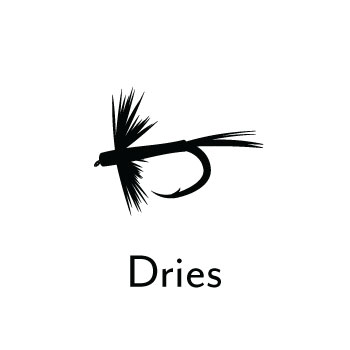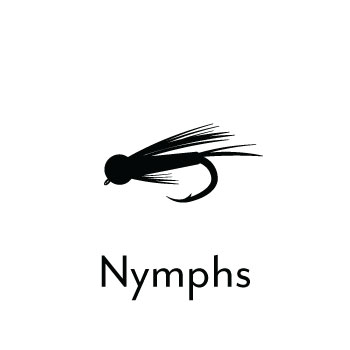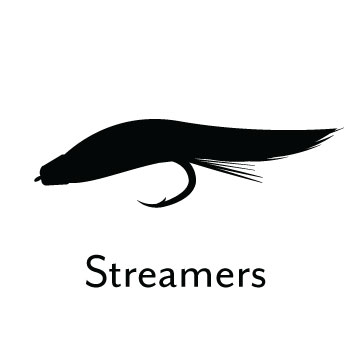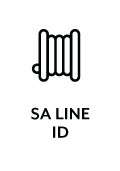
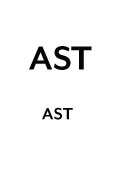

Description
For years, SA Mastery Series lines have been among our most-popular and best-performing lines. While some things have changed, one thing hasn’t: Mastery Series lines still deliver just as well as—if not better than—they ever have before.With our AST slickness additive, Dry-Tip technology, color change at the rear of the head, and SA•ID identification system, Mastery lines are still the best smooth lines at their price point on the market.From dry-fly purists to tarpon-chasing poon hounds, the Mastery Series from SA provides every angler the lines they need to catch the fish they crave.
Features
For years, the gold standard in the Scientific Anglers lineup was the GPX taper. From tossing small dries to slinging huge streamers, the GPX could do it all. But all good things must come to an end. Built a half-size heavy, the MPX taper starts where the GPX left off.
Redesigned with more mass toward the front of the head, the MPX provides the same benefits of the GPX, with an added emphasis on presentation. The power is still there, only with an added bit of finesse. Meet your new best friend and the best all-around fly line we’ve ever made.
The ultimate general presentation taper Improved version of our GPX taper Built a half-size heavy to load rods and turn over large flies easily Excellent with dry flies, nymphs, and streamers Features the ST+ slickness additive For use in moderate and cold climates Braided multifilament core SA ID – SA MS MPX WF X F (X = line weight) Care
You think your floating line isn’t floating as well as it used to do, or isn’t as slick as it used to be? The reasons and the ways to fix this are probably pretty simple.Lines float because they are lighter than water, and because they are hydrophobic; they repel water. For lines to float their best, both of these features need to be working. The density of your line won’t change, it won’t absorb water and become waterlogged and sink, but if it gets dirty it won’t repel the water well and it will float lower in the surface tension and may get pulled under now and then. The key to good flotation is keeping your lines clean so the hydrophobic surface works.Cleaning with soap and water on a cloth removes most of the dirt, but cleaning pads work even better. Properly cleaned, your lines will float better, cast better and last longer, certainly a good trade-off for a couple of minutes of line maintenance.To use the cleaning pad, pinch the pad over the line so that the abrasive, non-foam side touches the line. Pull the fly line through the pad under some tension. Repeat this process until some of the fly line color is visible on the pad.Clean your lines every 2-3 outings, or anytime you think dirt is hindering their performance. The cleaning pads are easy to carry in your vest or tackle bag and can be used anytime, wet or dry.Note that flyline dressing can be used to reduce friction during competition- or practice casting scenarios, but we don’t recommend it for fishing.
Applications


